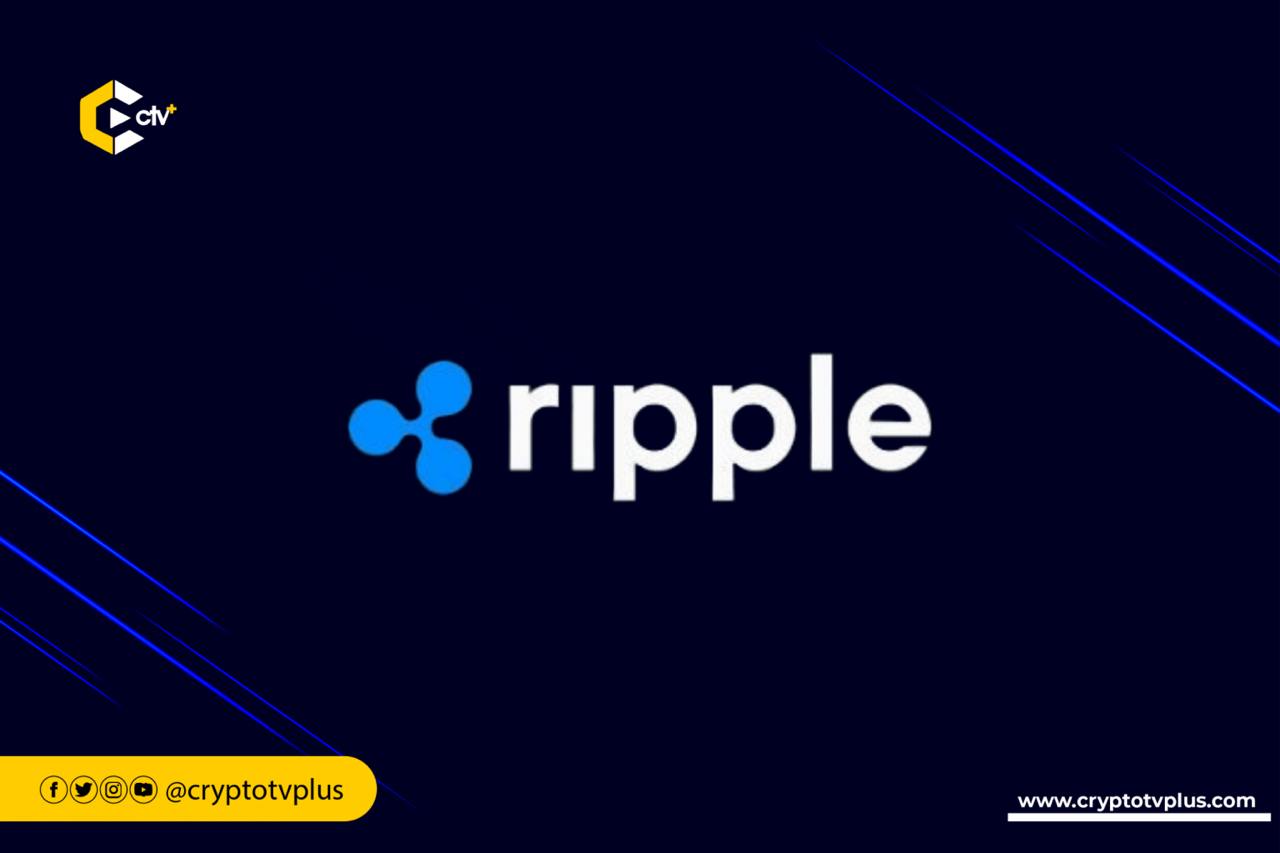News
Ripple and SEC pause $125M payment as appeal discussions loom

Ripple and the SEC have agreed to pause the $125 million payment Ripple was supposed to make. This allows both sides more time to decide whether to appeal the court’s decision, without Ripple having to pay right away.
This decision comes shortly after Judge Analisa Torres ordered Ripple to make the payment, and it reflects a move by both parties to pause the financial obligation while they consider their next steps.
The payment is currently due on Friday, September 6, but Ripple is asking the court to decide on this delay before that date.
According to the Federal Rule of Civil Procedure 62(b), a party can request a delay in payment after a judgment by providing some form of security, not necessarily a bond. In this case, Ripple and the SEC have agreed that Ripple will place 111% of the judgment amount in a bank account managed by Ripple’s legal team at Kellogg Hansen.
The proposed delay will last until 30 days after the appeal window closes or until any appeal is resolved. Ripple will retain ownership of the money in the account, but the legal team at Kellogg Hansen will ensure the funds remain there until they are released, either by agreement between Ripple and the SEC or by a court order.
The funds can only be used to pay the judgment, or if the judgment is reversed, Ripple and the SEC will work together to decide what happens to the money. If they can’t agree, they will ask the court to step in.
This request is meant to protect the SEC by making sure the money will be available, while also allowing Ripple to avoid the cost and hassle of providing a bond for the judgment amount. Ripple believes that this request won’t negatively affect any third parties or the public and asks the court to approve the proposed order.
The legal battle between Ripple Labs and the U.S. Securities and Exchange Commission (SEC) began in December 2020 when the SEC filed a lawsuit against Ripple. The SEC accused Ripple of selling unregistered securities in the form of XRP tokens, claiming that XRP was a security under U.S. law.
The SEC filed a lawsuit against Ripple Labs, its CEO Brad Garlinghouse, and co-founder Chris Larsen, alleging that Ripple raised over $1.3 billion through the sale of XRP as an unregistered security.
It argued that XRP should be classified as a security because investors bought it with the expectation of profit based on Ripple’s efforts. Ripple denied these claims, asserting that XRP is a currency like Bitcoin or Ethereum and not a security.
In July 2023, Ripple secured a major win when Judge Analisa Torres ruled that XRP was not a security when sold to the general public (on exchanges). The court said XRP sales to regular (retail) buyers were not an investment contract, but institutional sales of XRP to investors could still be considered securities transactions. This mixed ruling was seen as a partial victory for Ripple and had a major impact on the crypto industry.
Following the ruling, the SEC signaled it might appeal the decision, particularly the part related to retail sales. Ripple and the SEC have continued to engage in settlement discussions, and both sides have been preparing for potential appeals.












